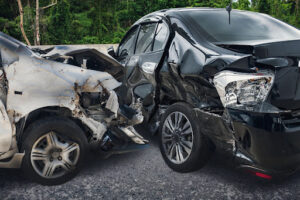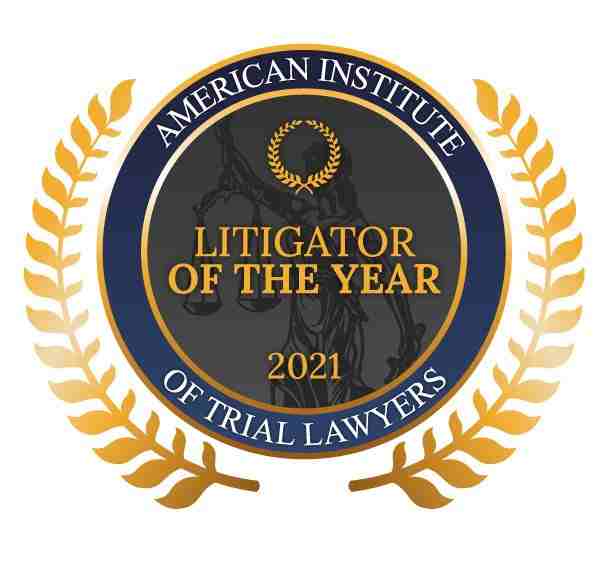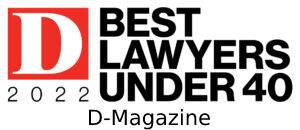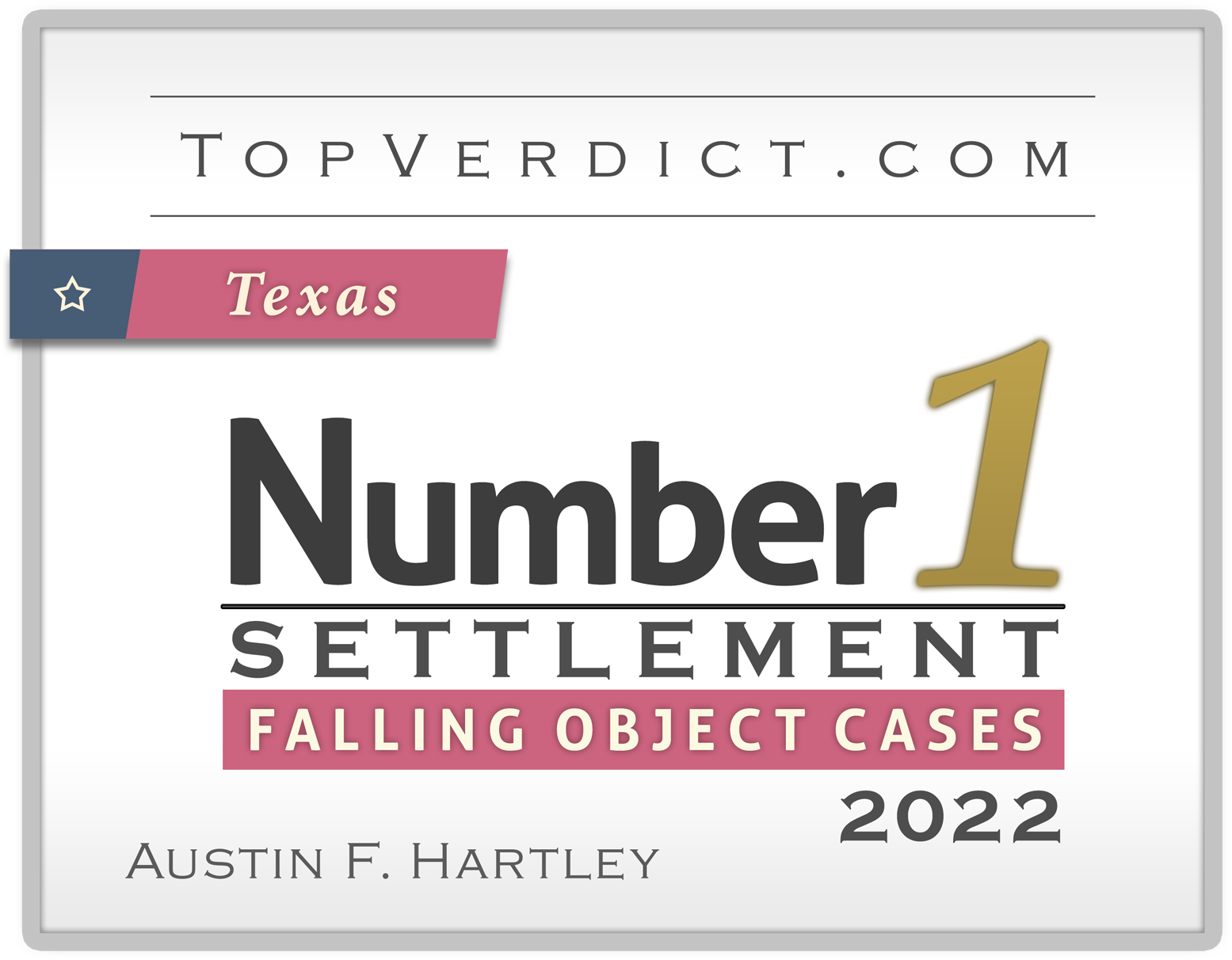How to Get a Settlement from a Car Accident in Texas

What Is the Value of Your Claim?
While this question seems straightforward, it is not. Valuing your claim requires examination of several factors, both measurable and unmeasurable. Arriving at an accurate value is the threshold task for any successful settlement. When considering how much your claim is worth, take the following factors into consideration:
- Current and future medical bills;
- Physical therapy;
- Lost wages and diminished earning power;
- Long-term disability;
- Pain and suffering;
- Emotional distress; and
- Disfigurement.
While this list is not exhaustive, it demonstrates the many factors that go into valuing your claim. You could sell yourself short if you do not properly measure otherwise “unmeasurable” factors (e.g., emotional distress, etc.). Finally, you may have a claim for punitive damages if the defendant’s actions were particularly egregious.
Gather the Evidence to Support Your Claim
Gathering evidence and organizing it into a coherent presentation is extremely important to get a car accident settlement that is appropriate. While multiple sources exist that can provide evidence, start with the following list:
- Photographs of the vehicles, road, area, weather, and lighting;
- Videos of the accident from private cameras, security footage, or public traffic cameras;
- Interviewing witnesses such as the passengers and any bystanders;
- Documenting weather conditions and road conditions;
- Documenting defects to roads, vehicles, lightning, and signage;
- Examining the vehicles involved, including parts and debris; and
- Gathering medical bills and related costs.
As you can see, this list is detailed and extensive. Therefore, the biggest mistake you can make is not thoroughly preparing your evidence to withstand any challenges from the other side.
Watch out for the Insurance Company
No insurance company involved in your car accident has your best interests at heart. This includes your own insurance company. Be very careful about whom you speak to and what you say to them. Usually, the first person you encounter will be the insurance adjuster. The insurance adjuster has one goal: to minimize the cost of the car accident settlement payout. Insurance adjusters are savvy investigators for insurance companies. Be careful of what you say or write to an insurance adjuster because they are always looking for a way to use that information against you to reduce the settlement amount.
Texas Accident Law and Sources of Liability
Now that you have valued your claim and gathered the evidence to support it, you need to apply Texas law. Texas is a modified comparative negligence state. That means that the law will look at how much of the accident was each party’s fault. If the accident is not 100% one party’s fault then a claim will be reduced by the amount of fault borne by the other party.
For example, if a person runs a stop sign and hits you, the law will consider your role in the accident. Under Texas law, you may be partially responsible if you committed a “rolling stop” at the stop sign, where texting and driving, or otherwise contributed to the accident. In that case, your percentage of responsibility for the accident reduces your claim value correspondingly. For example, if you were 20% responsible for the accident, the value of your claim would be reduced by 20%.
Finally, you need to consider other factors which might hold other parties liable. We touched on this idea above when we discussed gathering evidence about road conditions and examining the vehicles. To that end, you may discover that the road was not properly marked or a traffic sign was missing. These factors may result in third-party liability (e.g., the state department of transportation, the car manufacturer, etc.).
Understanding what the law considers important and how those facts impact your case is absolutely essential in your car accident settlement in Texas. Getting good legal counsel goes a long way to helping your negotiations and maximizing the final value of your settlement.
What a Lawyer Can Do for You
A car accident settlement lawyer touches on and adds value to every aspect of the above topics. In determining the value of your claim, an attorney can help quantify lost wages and diminished earning potential. They can help measure and support the value for pain and suffering and emotional distress. A lawyer can guide you on what constitutes good evidence, how much evidence to assemble, and in what order it is presented. An attorney for a car accident settlement in Texas can handle all communications with the insurance company, including the adjuster. They can hire experts to support your side of the story. Also, and importantly, they can shield you from the stress of dealing with these companies or agents yourself. Additionally, a car accident settlement attorney knows the law and can use it to further your best interests. This means not only using the law for your benefit but using it to counter any legal arguments from the other side. Finally, a legal practitioner can help bring the settlement to a final payout and close the matter properly.
Hartley Law Firm Is the Firm You Need
Hartley Law Firm knows auto accident settlements in Texas. We have handled hundreds of cases and are skilled in the nuances of valuing your claim, presenting evidence, and engaging in tough negotiations to get you what you deserve. Contact us today to schedule your free in-person consultation.








